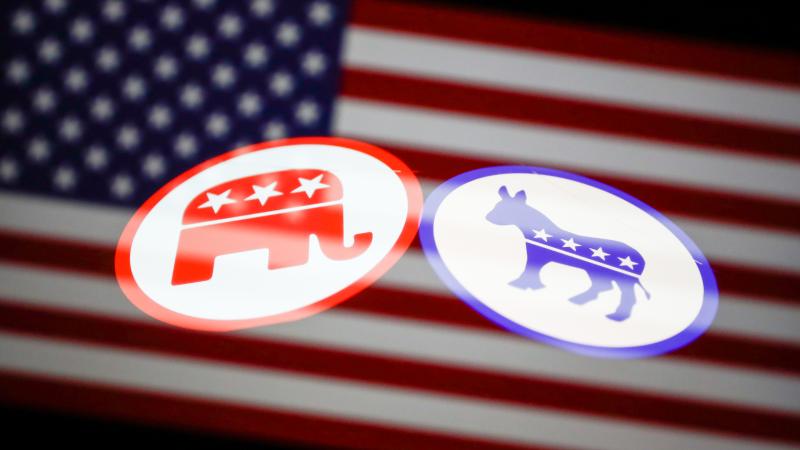Georgia lawmakers sign off on 'Zucker bucks' ban
Bill specifies that public funds must pay election administration costs, prohibiting any third-party donations.
Georgia lawmakers signed off on legislation banning counties from soliciting or accepting donations to help administer elections.
Senate Bill 222, a so-called "Zucker bucks" ban, specifies that public funds must pay for election administration costs. It also prohibits government employees and elections officials from receiving gifts valued at more than $500 from third-party groups to conduct primaries or elections.
The legislation makes it a felony for election officials to accept gifts. However, it does not apply to accepting the use of a location for voting.
Critics have pointed to a $2 million grant the U.S Alliance for Election Excellence awarded DeKalb County. The Center for Tech and Civic Life, which has benefited from donations from Facebook co-founder Mark Zuckerberg, helped launch the U.S. Alliance for Election Excellence as part of an $80 million initiative.
In a statement, Jason Snead, executive director of Honest Elections Project Action, praised lawmakers for advancing the legislation.
"Private election funding puts public confidence in election administration at risk, particularly when that funding comes from ideologically motivated groups such as the Center for Tech and Civic Life and the other left-wing groups behind the U.S. Alliance for Election Excellence," Snead said in a statement.
"...The Georgia legislature is right to shore up state law by making it eminently clear that this practice isn’t allowed," Snead added. "States across America should follow Georgia’s example and stop the spread of the U.S. Alliance for Election Excellence and their $80 million left-wing dark money-fueled campaign to influence election administration across the country."
While proponents have said the measure clarifies existing state law, on the state House floor, Rep. Saira Draper, D-Atlanta, said that argument is "demonstrably false."
"SB 222 is not a clarification of existing policy," Draper said. "It is an abrupt change in policy."
















